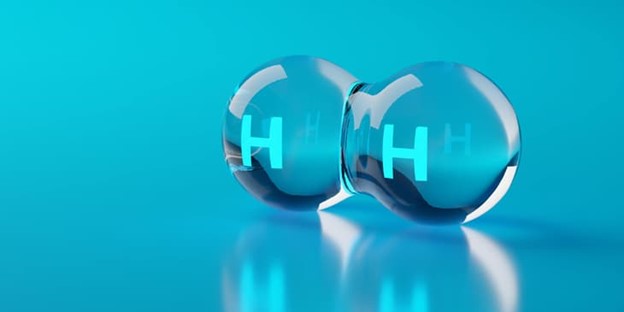 GenH2 has signed an agreement with the University of Melbourne to provide the Cryostat CS500 simulation platform for cryogenic and hydrogen R&D projects. GenH2’s Cryostat CS500 system is capable of testing a wide range of thermal insulation systems, materials, composites, or panels under both cryogenic-vacuum conditions and real-world conditions.
GenH2 has signed an agreement with the University of Melbourne to provide the Cryostat CS500 simulation platform for cryogenic and hydrogen R&D projects. GenH2’s Cryostat CS500 system is capable of testing a wide range of thermal insulation systems, materials, composites, or panels under both cryogenic-vacuum conditions and real-world conditions.
The University of Melbourne has been proactive in several research projects advancing clean energy. For example, Dr. Shanaka Kristombu Baduge and their team received funding for the CS500 cryostat to test novel materials designed to advance clean energy infrastructure.
The testing and research completed with the CS500 will be the foundation for further partnership between GenH2 and the university, with future collaboration including the development of large-scale liquid hydrogen infrastructure.
Dr. Baduge, PhD-Fellow Department of Infrastructure Engineering at the University of Melbourne, said, “The GenH2 Cryostat CS500 will allow us to take our research endeavours to the next level by testing materials for future clean energy infrastructure.”
Greg Gosnell, CEO of GenH2, added, “The University of Melbourne is well-respected for its focus on research impact and relevance, and we are thrilled that they will utilise the GenH2 Cryostat CS500 to further their innovations in hydrogen solutions.”
CS500 is a flat plate absolute type instrument, according to ASTM C1774 Annex A3, the Standard Guide for Thermal Performance Testing of Cryogenic Insulation Systems.
The preliminary components included in the system include a vacuum chamber assembly, vacuum chamber lid assembly, cold mass assembly, heater plate assembly, cold mass suspension assembly, two cryogenic feedthrough assemblies, heater control system, and advanced software for data monitoring, analysis, and reporting.
GenH2’s system is designed for performance in key areas such as test specimens, operating conditions, and thermal performance results. The nominal test specimen diameter is 200mm, whilst the thickness can be up to 44mm.
The usual cold boundary temperature (CBT) is 77 K and the typical warm boundary temperature (WBT) is 293 K, however temperature of up to 373 K can be applied to the system. Different residual gases can also be supplied to the vacuum to simulate real-world environments.
Source: GenH2


